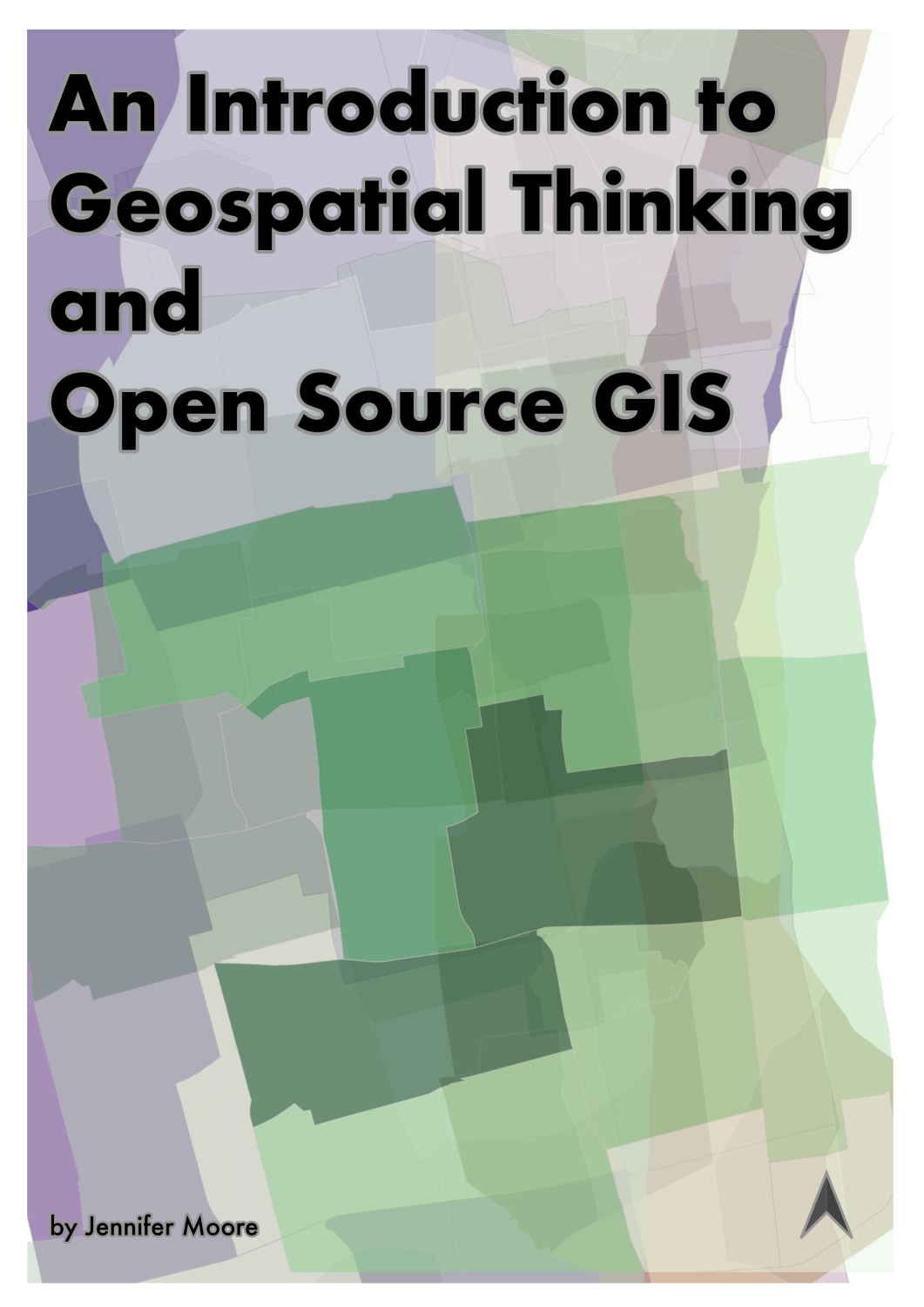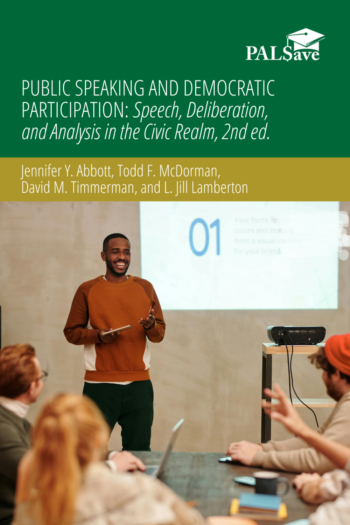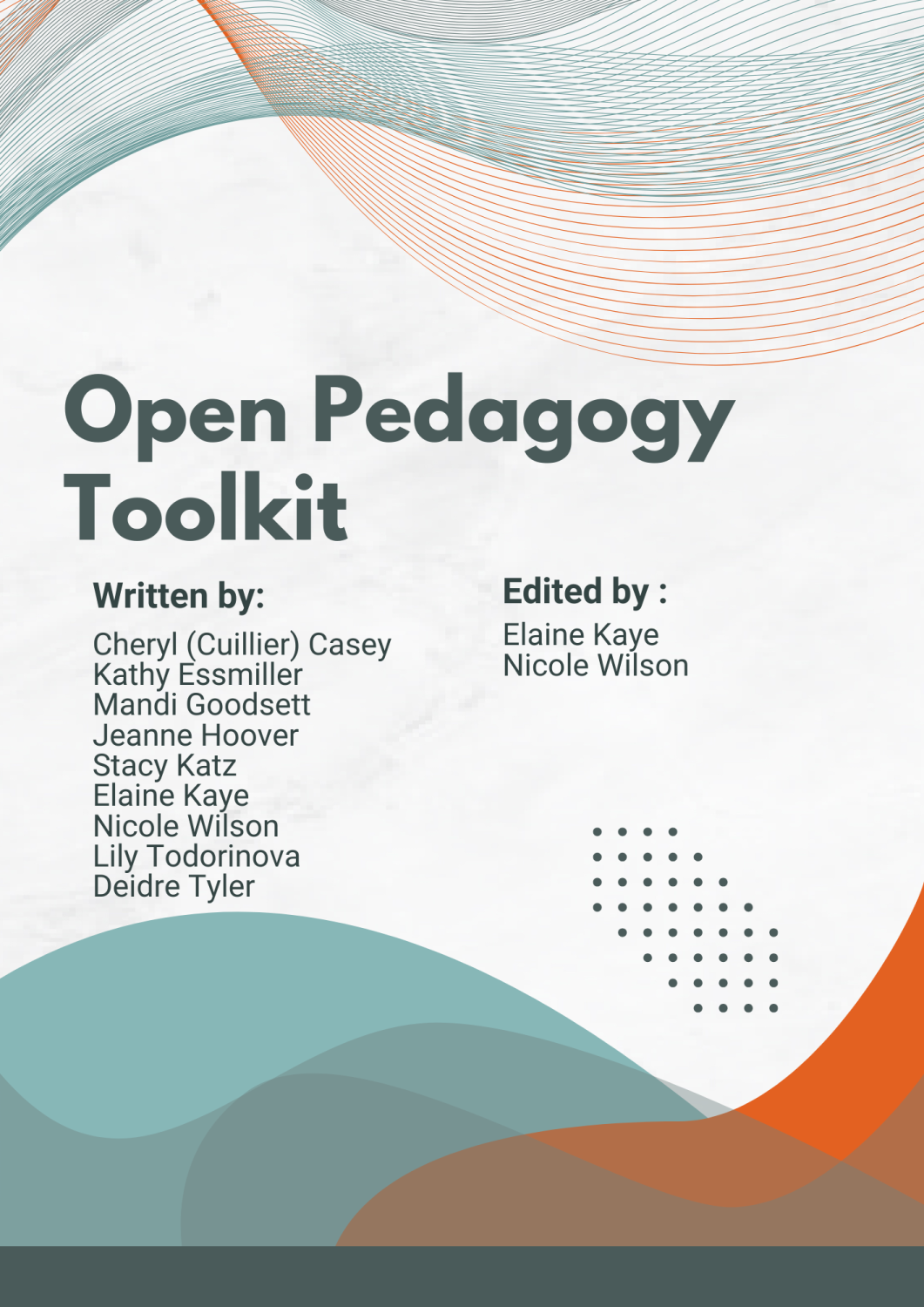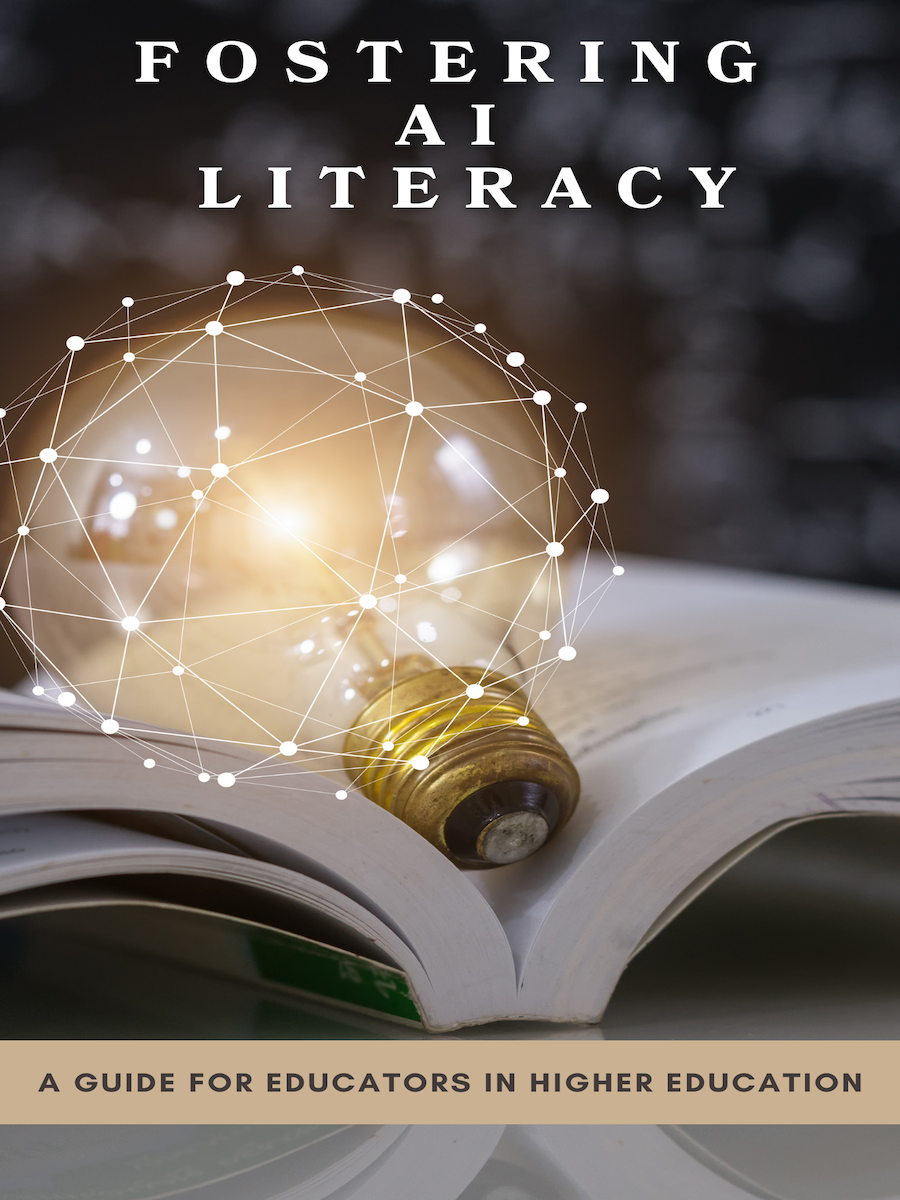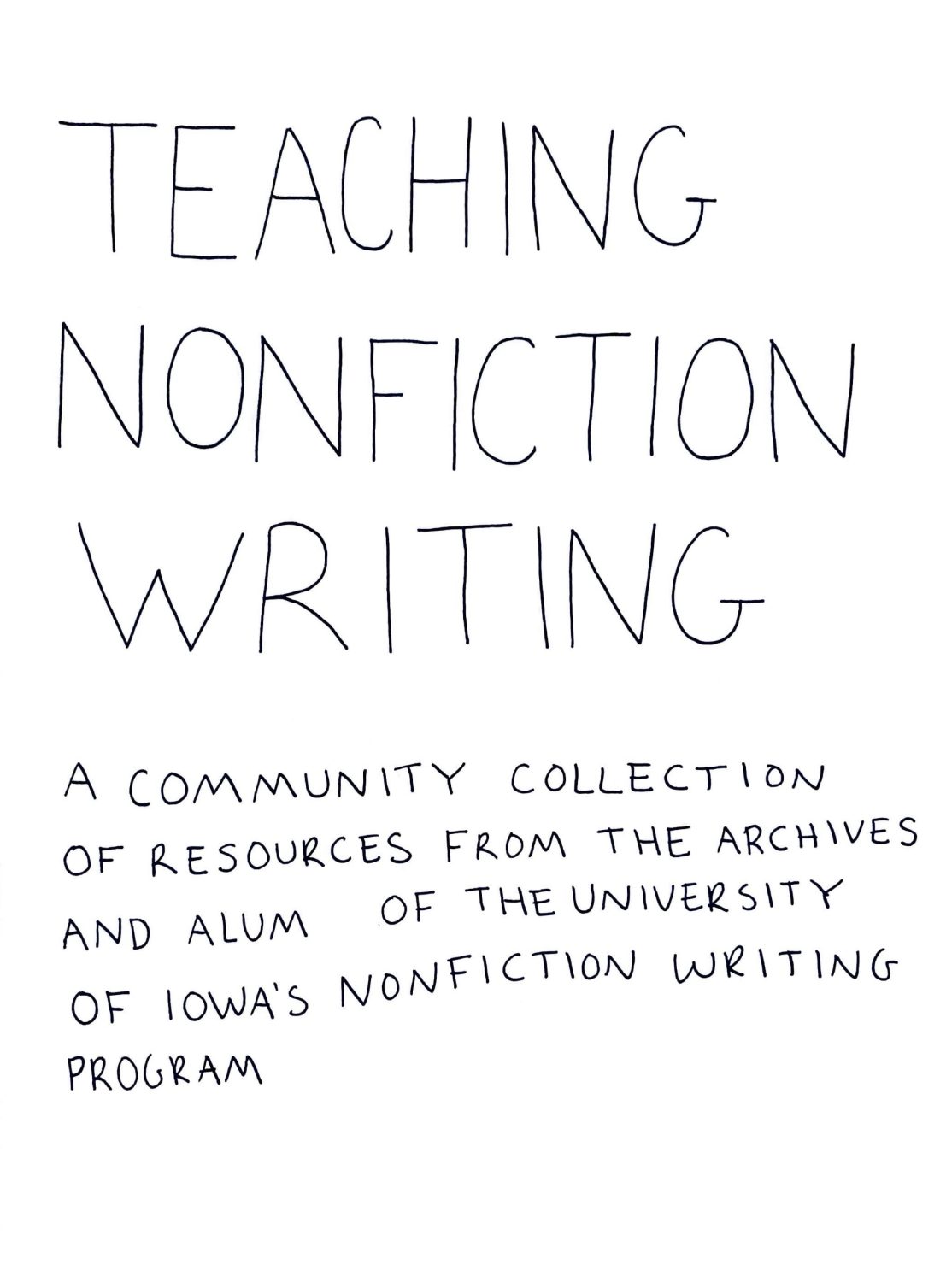The latest 2024-25 survey results from Bay View Analytics reveal a continued shift towards digital resources in higher education classrooms. The data show that faculty are increasingly adopting online courses and digital materials, with significant growth in the use of Open Educational Resources (OER).
The survey, which collected responses from over 3,400 faculty members across the United States, found that:
- Digital resources remain a staple in higher education classrooms, with no significant changes in trends from last year.
- The number of faculty teaching fully online courses has increased to 48%, up from 40% last year. This represents a growing trend towards online learning, which is likely driven by the flexibility and accessibility it offers students.
In terms of textbook availability, the survey found that almost all textbooks are now available digitally to students. This shift towards digital materials is consistent with previous years’ results, indicating a sustained move away from print-only textbooks. The use of OER has also seen significant growth, with:
- 49% of faculty reporting using OER materials in at least one course, up from 41% last year.
- One-third of faculty now report using OER as required course materials, an increase from 26% last year. This represents a growing recognition among faculty of the benefits and value of OER

Furthermore, the survey found that faculty ratings of OER materials remain high, with more “A” grades being awarded to OER compared to commercial publishers. This suggests that not only is the use of OER increasing, but also its perceived quality and effectiveness. The survey also found that awareness of OER has risen slightly this year, with more faculty reporting knowledge of OER and its benefits.
According to Dr. Julia Seaman, Research Director at Bay View Analytics, “The results show that higher education faculty are settling into a new normal with regards to teaching online and perceptions of digital materials. While there may be some fluctuations from year to year, the overall trend is clear: digital resources, and OER specifically, are becoming increasingly important in higher education.”
Read the full press release here. The complete report, which includes detailed data and analysis, can be downloaded from the Bay View Analytics website at www.bayviewanalytics.com/HigherEdOER.

